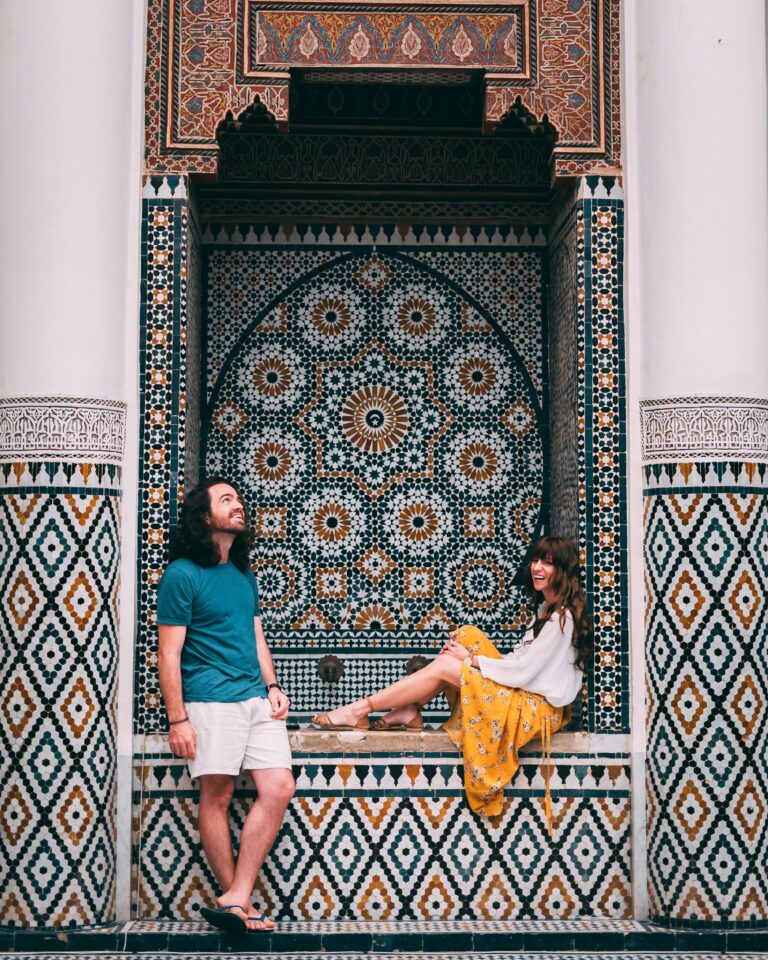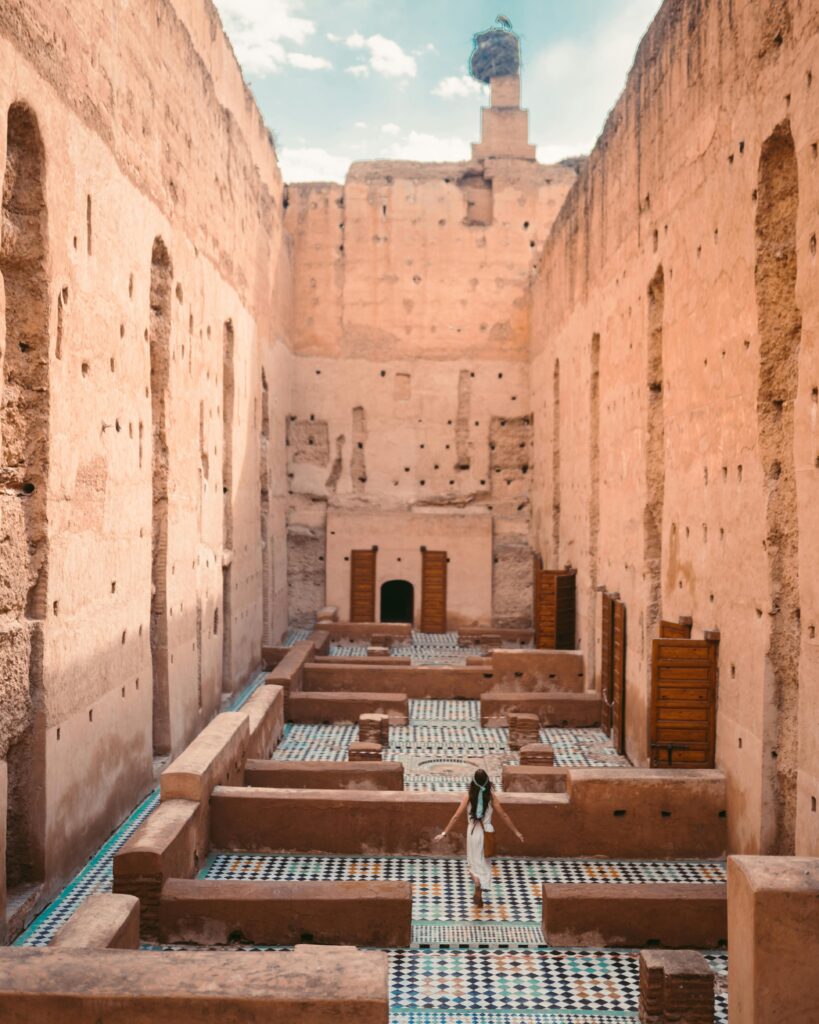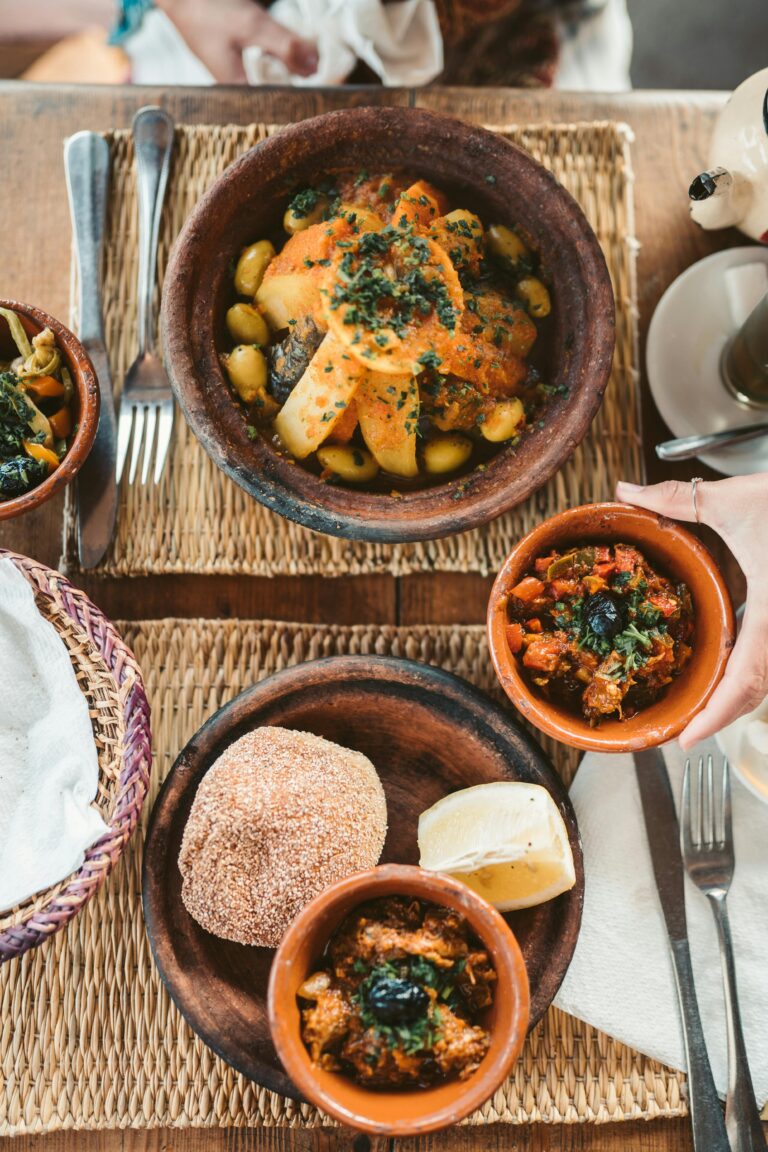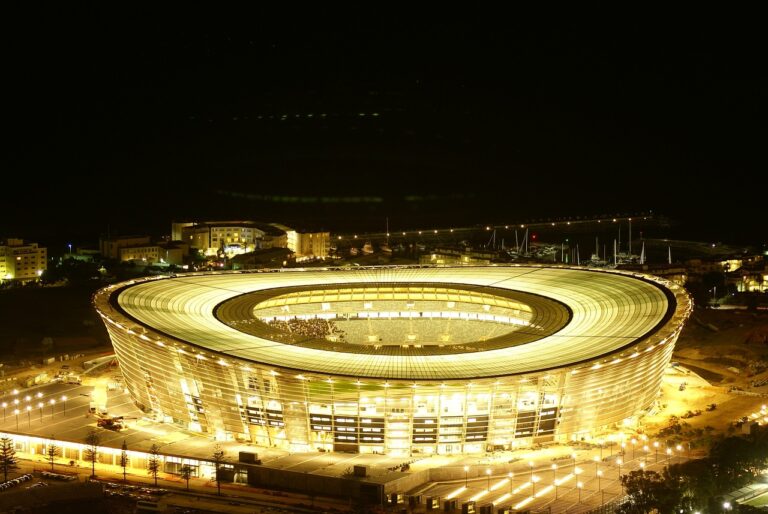The Future of Holidays in Southern Morocco: Trends, Opportunities, and Sustainability
As we step into a new era of travel, the southern regions of Morocco—characterized by their rich cultural heritage, stunning landscapes, and vibrant communities—are poised to redefine the holiday experience for both domestic and international travelers. This blog post will explore the emerging trends in tourism in southern Morocco, the opportunities and challenges ahead, and the imperative of sustainability as the region becomes an increasingly attractive destination.
A Glimpse into Southern Morocco
The south of Morocco is a treasure trove of natural beauty and cultural richness. Notable regions include the spectacular Sahara Desert, the captivating landscapes of the Anti-Atlas Mountains, and the historical cities of Taroudant, Zagora, and Ouarzazate. Each of these areas offers unique experiences, from camel trekking and stargazing in the desert to exploring ancient kasbahs and traditional Berber villages.
Travelers are showing a growing interest in authentic experiences that connect them with local cultures. This shift in consumer preferences is changing the way tourism is approached in southern Morocco, with a focus on immersive, enriching experiences that foster cultural exchange and promote the preservation of local traditions.
Trend-Driven Transformation in Tourism
As the demand for unique travel experiences grows, several trends are shaping the future of holidays in southern Morocco:
1. Authenticity and Cultural Immersion
Modern travelers increasingly seek authenticity over mere sightseeing. The southern regions of Morocco are rich with opportunities for cultural immersion, from participating in local festivals and artisan workshops to dining with Berber families. Tour operators are beginning to design itineraries that prioritize these authentic experiences, providing travelers with a deeper understanding of the region’s unique customs, languages, and lifestyles.
2. Adventure and Eco-Tourism
Adventure tourism is witnessing a boom, particularly in regions like the Sahara and the Anti-Atlas Mountains. Activities such as hiking, mountain biking, and off-road excursions cater to the adventurous spirit. Furthermore, as eco-conscious travel gains traction, southern Morocco’s breathtaking landscapes present a canvas for eco-tourism initiatives. Sustainable lodges that focus on renewable energy and local community development are emerging, presenting opportunities for eco-friendly travel without compromising on comfort.
3. Digital Integration
The rise of technology has transformed the way travelers plan their holidays. Digital platforms and travel apps now play a crucial role in providing insights, booking accommodations, and guiding itineraries. Furthermore, social media is a powerful tool for showcasing the beauty of southern Morocco to a broader audience, with influencers and travel bloggers highlighting hidden gems and unique experiences. This digital integration is not only enhancing the marketing efforts of local businesses but also fostering a community of travel enthusiasts eager to explore the regions.
4. Wellness and Retreat Tourism
In recent years, wellness tourism has gained momentum globally. Southern Morocco, with its tranquil landscapes and serene environment, is emerging as a destination for wellness retreats that offer yoga, meditation, and traditional Moroccan healing practices. Spas that feature natural elements, such as hammams (traditional saunas) and locally sourced ingredients, are increasingly appealing to those seeking relaxation and rejuvenation away from busy lifestyles.
Opportunities for Local Communities
The evolution of tourism in southern Morocco carries significant opportunities for local communities. By prioritizing partnerships with local artisans, farmers, and guides, tourism can contribute to economic development and the preservation of cultural practices. Programs that promote responsible tourism can empower residents to share their heritage while benefiting financially from the growing interest in their traditions and crafts.
For instance, community-based tourism initiatives allow visitors to stay with local families, participate in traditional craft-making, and enjoy locally produced cuisine. These experiences not only provide economic opportunities but also strengthen cultural connections between visitors and residents.
Challenges and the Path Forward
While the future appears bright for holidays in southern Morocco, challenges remain that require thoughtful solutions:
1. Environmental Concerns
As tourism grows, so does the risk of environmental degradation. The delicate ecosystems of the Sahara and surrounding areas are vulnerable to the impacts of increased foot traffic, litter, and resource consumption. Sustainable practices such as waste reduction, water conservation, and wildlife protection must be prioritized to ensure the preservation of these natural wonders.
2. Cultural Sensitivity
With increased tourism, the potential for cultural commodification rises. It is essential for both visitors and operators to recognize and respect local customs, rituals, and community values. Education on cultural sensitivity should be integrated into travel itineraries, ensuring that travelers engage with local cultures in a respectful and meaningful way.
3. Infrastructure Development
While the allure of southern Morocco is undeniable, the region’s infrastructure must keep pace with its growing popularity. Investment in transportation, accommodation, and essential services is crucial to enhance accessibility and comfort for travelers. Collaborations between government, private sector, and local communities are essential to create a comprehensive development plan that benefits all stakeholders.
The Road to Sustainable Tourism
Sustainability must be at the forefront of the future of holidays in southern Morocco. Integrating sustainable tourism practices is not merely a trend; it is a necessity for the longevity of the region’s natural and cultural resources. This involves several components:
- Educating Travelers and Operators: Raising awareness about the importance of responsible travel can foster a community that values sustainability and cultural respect.
- Supporting Local Economies: Encouraging visitors to shop at local markets, eat at family-owned restaurants, and hire local guides can significantly boost the economy while preserving cultural heritage.
- Implementing Eco-Friendly Practices: Hotels and accommodations should adopt sustainable practices such as solar energy, water conservation, and waste management to minimize their environmental footprint.
Conclusion
The future of holidays in southern Morocco is rich with potential and possibilities, driven by a collective desire for authentic, sustainable, and immersive travel experiences. As we navigate the emerging trends in tourism, it is crucial to address the challenges that accompany growth while prioritizing the preservation of the region’s natural and cultural heritage. By embracing a sustainable approach and fostering strong bonds between travelers and local communities, southern Morocco can become a model for future tourism ventures, creating memorable experiences that resonate for generations to come.
In this exciting journey ahead, every traveler has a role to play in shaping the future of holiday experiences in southern Morocco—one that celebrates its unique identity and ensures a sustainable, prosperous path forward for its people and landscapes.






